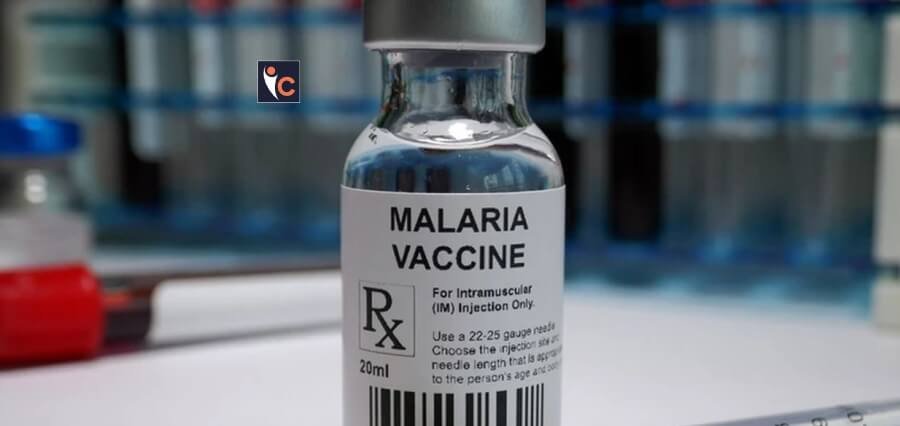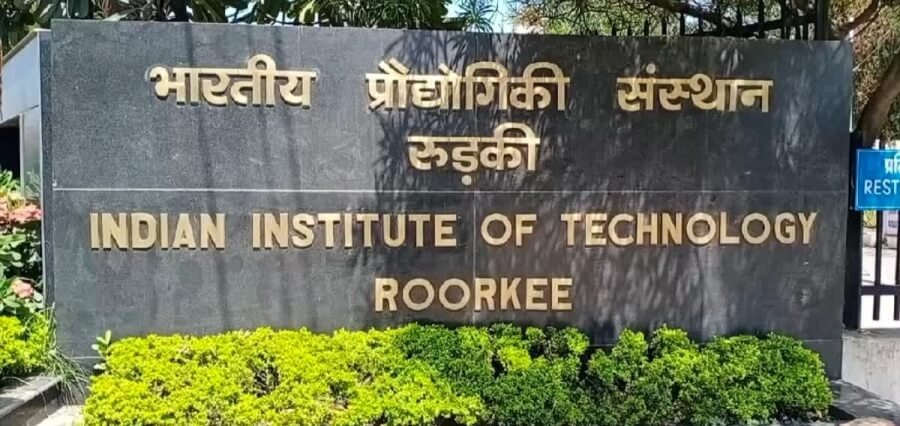The World Health Organization (WHO) has granted authorization for a second malaria vaccine, potentially providing countries with a more affordable and accessible alternative to the initial vaccine against the parasitic disease. Developed by Oxford University in collaboration with the Serum Institute of India, the new three-dose vaccine is over 75% effective, with protection lasting at least a year with a booster. The vaccine is estimated to cost between USD 2 and USD 4 and could be available in some countries next year, pending funders’ agreement to purchase it. Ghana and Burkina Faso had previously approved the vaccine earlier this year.
The first malaria vaccine endorsed by WHO in 2021, known as Mosquirix and developed by GSK, is only around 30% effective, requires four doses, and provides limited and fading protection. The data comparing the effectiveness of the GSK and Oxford-developed vaccines has not been conclusive. While the GSK vaccine has encountered limitations in production capacity (approximately 15 million doses per year), the Serum Institute has indicated the potential to produce up to 200 million doses of the Oxford vaccine annually.
The new vaccine’s approval is seen as a significant development, potentially reducing severe illness and deaths caused by malaria, especially if widely implemented across Africa. However, WHO experts caution that neither malaria vaccine addresses transmission, emphasizing the need for comprehensive strategies, including bed nets and insecticide spraying, to combat the disease. Additionally, the decision was made to authorize a dengue vaccine made by Takeda, recommended for use in children aged six to 16 in countries with a high prevalence of the disease. Dengue has been a significant public health concern in tropical Latin American and Asian countries.





